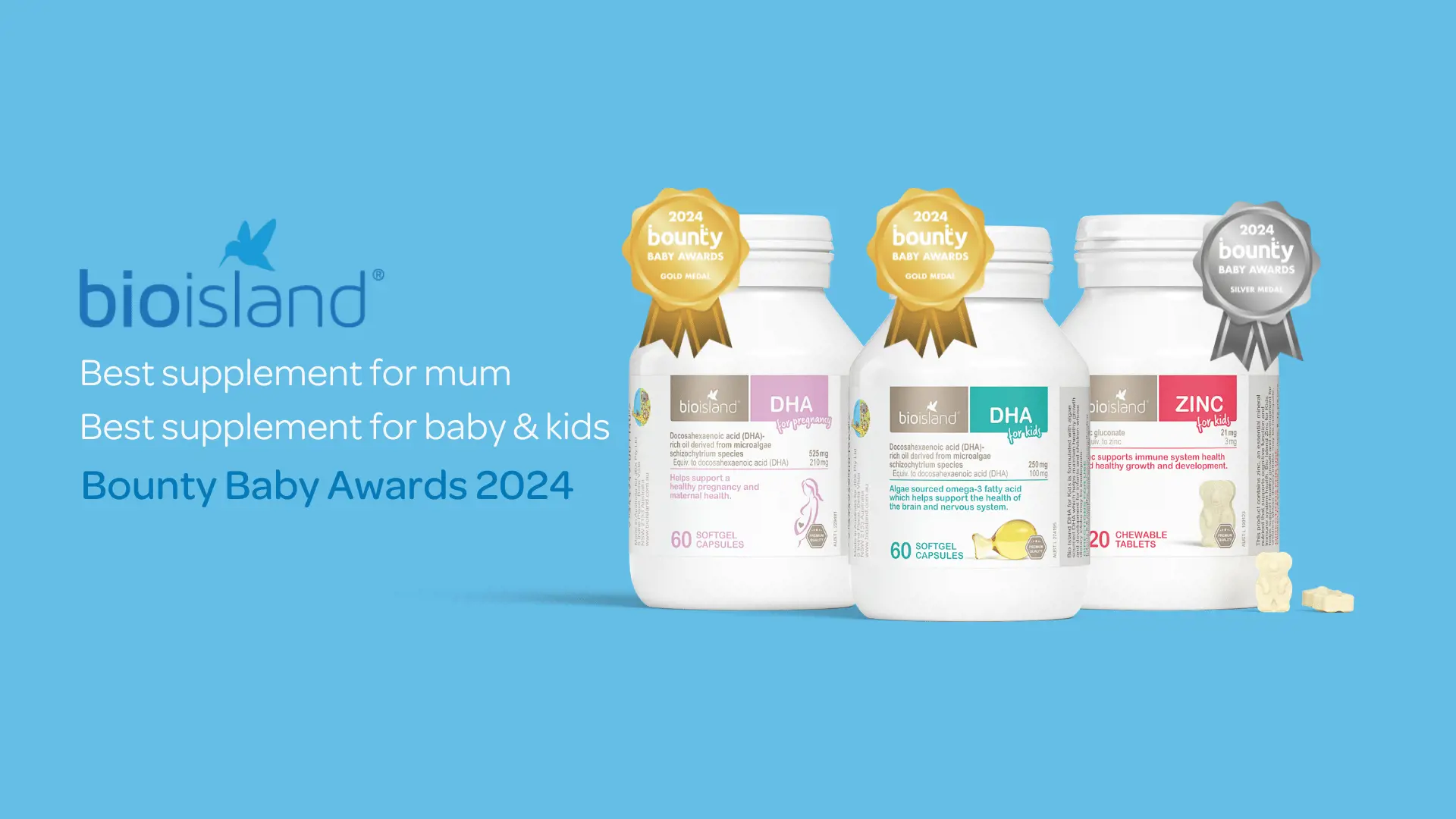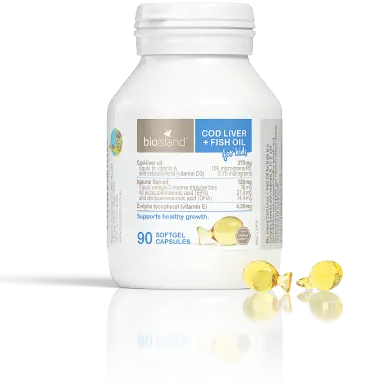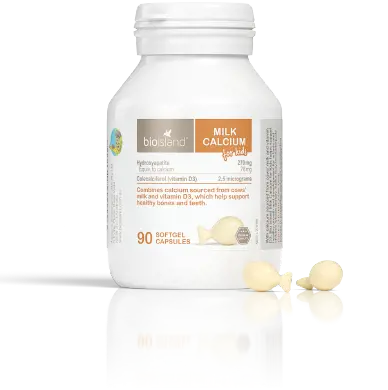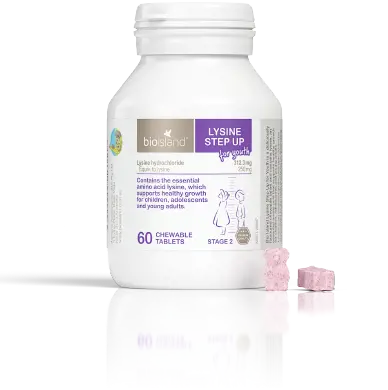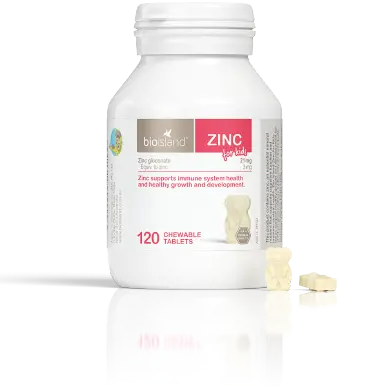
Sports nutrition for kids and teens
A young athlete needs to understand what, when and how to eat and drink during and after performance.
Fitness
By Bio Island Nutrition Team
Young athletes who are actively participating in competition sports have an uncommon situation than that of their less active peers. The Australian Dietary Guidelines outline advise for those who are generally active, which ideally should be most kids, but a child or teen who trains in preparation for a competition needs to have a diet that caters for their unique situation.
Moving into adolescents your body goes through a period of huge growth and development. Puberty triggers a growth spurt which increases the daily caloric needs. That on top of the extra caloric need if you have a child that participates in sport, it can be quite a job to make sure they are being fuelled adequately to meet this demand.
It is hard to predict how a growing athletes needs will change over time and when an adolescent will reach adulthood. Adding the needs for athletes can be hard to predict so it is crucial that a young athlete consumes a balanced, nutrient rich diet to decrease fatigue, recover faster and reduce the risk of injury.
Macronutrients (protein, carbohydrate and fat), micronutrients (vitamins and minerals) and fluids in the proper amounts are essential to provide energy for growth and to perform optimally. A young athlete needs to understand what, when and how to eat and drink during and after performance.
The distribution of macronutrients recommended for young athletes are similar to those of adult athletes.
Macronutrients:
Carbohydrates are the most important energy source for exercising muscles, especially if your exercising vigorously for more than an hour per day. They provide the glucose used for energy as muscle glycogen (stored glucose) is the most readily available energy source for working muscles as it can be released more quickly than other energy sources.
Protein helps maintain blood glucose through liver gluconeogenesis (glucose from a non-carbohydrate source) as exercise duration increases. Protein is also vital to build and aid in muscle recovery and repair post performance.
Fat is an essential part of everybody’s diet as it is vital for growth and development. Consumption should be in line with the RDI and the source of fat is also important to take into consideration. Consuming fats from monounsaturated and polyunsaturated sources will provide the health benefits essential for life. Fat is the predominant fuel source when performing prolonged, low to moderate activities such as triathlons. The more trained a muscle the greater the ability to use fat as an energy source. Training allows an athlete to use fat for fuel more readily, thereby conserving glycogen for when it is readily needed, such as for the burst of speed at the end of a race.
Fluids:
Fluid intake is also an important part of a well-balanced nutritional plan. Sufficient intake should be before, during and after physical activity with sweat losses monitored particularly during warmer climates. Generally water is sufficient but sports drinks can be beneficial for performance athletes to replace not only fluid but carbohydrates and electrolytes losses.
Micronutrients:
Although many vitamins and minerals are required for good health, particular attention should be devoted to ensuring that athletes consume proper amounts of calcium, vitamin D and iron.
Calcium is important for bone health, normal enzyme activity and muscle contraction. Special attention should be on female athletes consumption of calcium as it is vital that girls consume the RDI of calcium to maintain optimal bone mineral density throughout all life stages.
Vitamin D is also necessary for bone health as it is involved in the absorption and regulation of calcium.
Iron is involved in red blood cell production, energy production and delivers oxygen to body tissues. A deficiency can noticeably detract from optimal performance. During adolescents the requirement for iron increases to support blood volume and lean muscle mass. Iron deficiency can be common in young athletes especially if they have a diet that is lacking in dietary iron sources such as lean meat, fish and vegetables and increased losses in urine, faeces, sweet and menstrual blood.
Before and after performance nutrition.
Meal planning around events is very important. Young athletes should eat a meal containing carbohydrates, protein and fats with a minimum of 3 hours prior to competition to allow for the proper digestion. Avoiding fibre and high fat foods is encourage so an athlete doesn’t feel sluggish, effecting their performance. Having pre-performance snacks 1 to 2 hours before an event consisting mainly of carbohydrates can allow for partial digestion and absorption providing a final addition to muscle glycogen, additional blood sugar and relatively complete emptying of the stomach.
Recovery foods consisting of carbohydrates and protein should be consumed within 30 minutes of exercise and again at 1 to 2 hours intervals after exercise to help reload the muscles with glycogen and promote protein synthesis, allowing for proper recovery. Fluid and electrolyte intake is also an essential component of a recovery plan.
A well-balanced diet rich in grass fed meat (iron, vitamin K2, protein), vegetables (iron, magnesium, calcium, fibre, vitamin c, potassium, B’s), dairy products (calcium, potassium, phosphorus, protein, vitamin A, D, B’s), nuts and seeds (carbohydrates, fibre, potassium, iron, calcium, vitamin D, B’s, magnesium) and unsaturated fats (omega-3, omega-6) can provide all the nutrients a growing athlete needs to fuel performance capacity and recovery.
For specific, individualised breakdown of what a young athletes diet should look like, speak to a qualified sports nutritionist for more information.
This information does not take into account your personal situation and is general in nature. You should consider whether the information is appropriate for your needs and seek professional medical advice.
Always consult your healthcare professional before taking any supplements or if any concerns arise.


